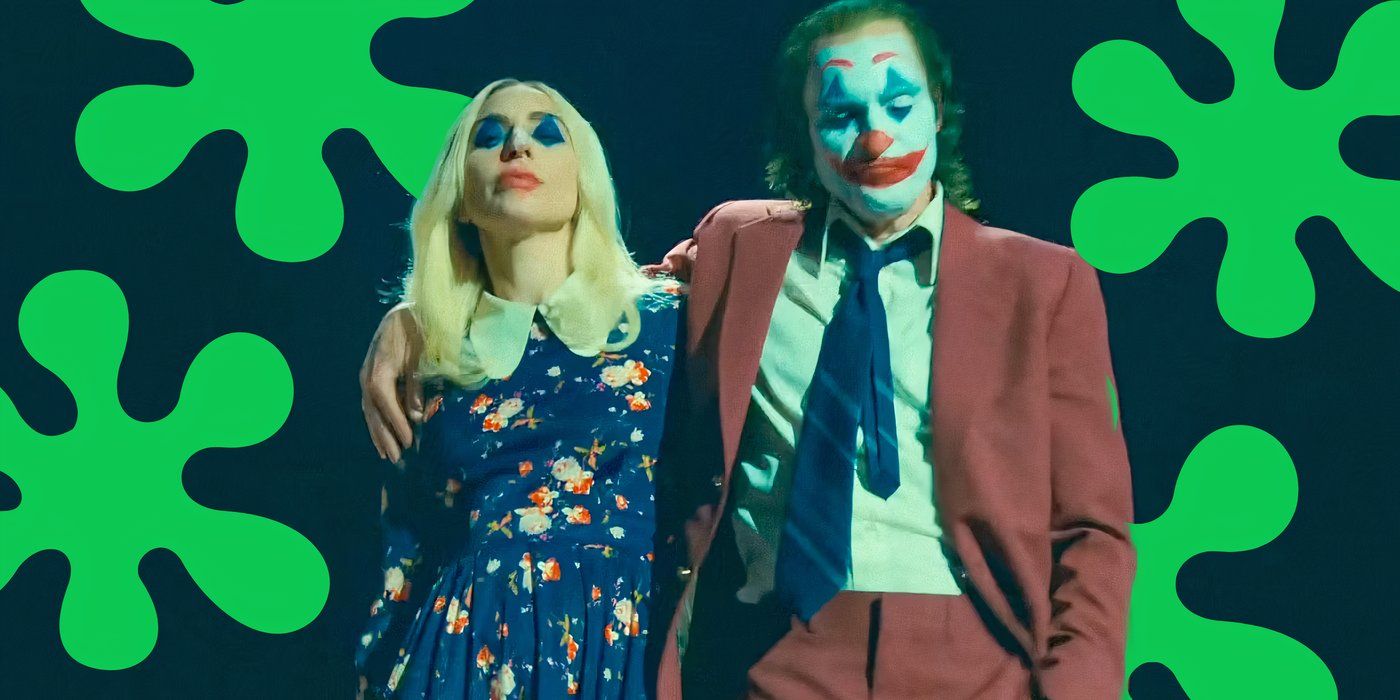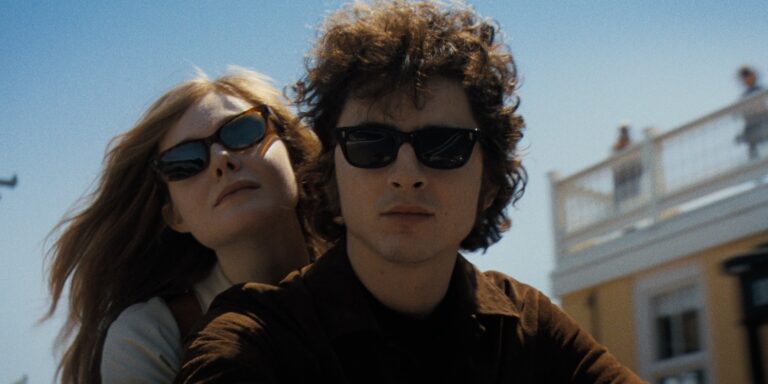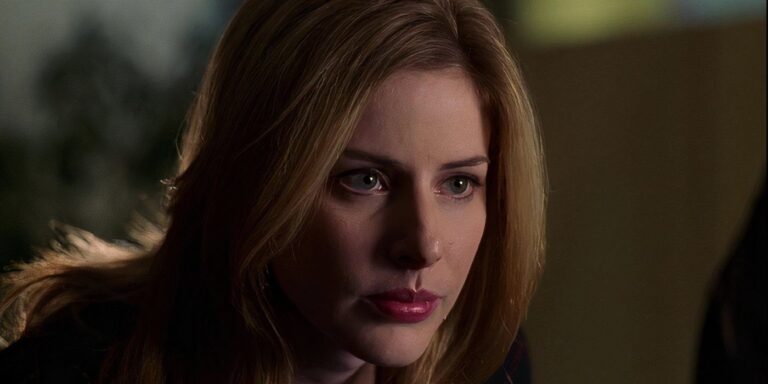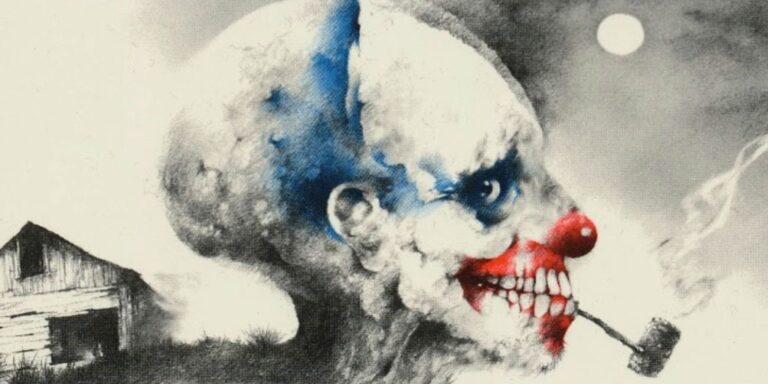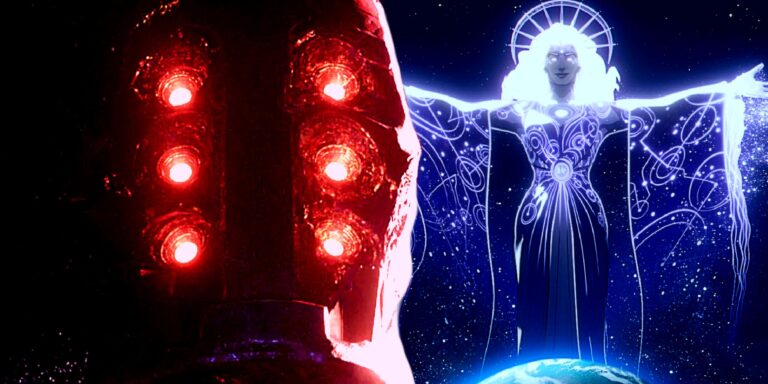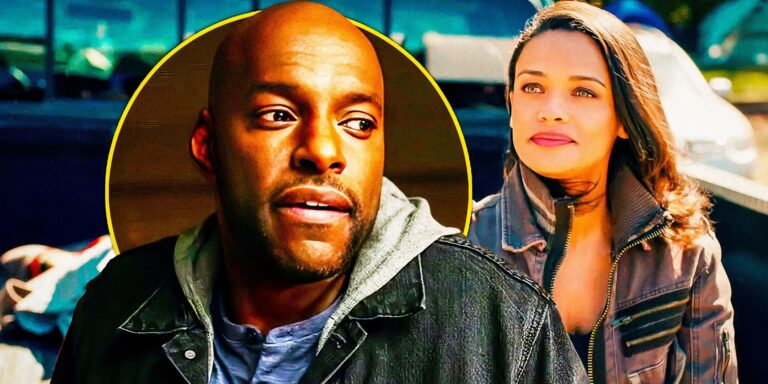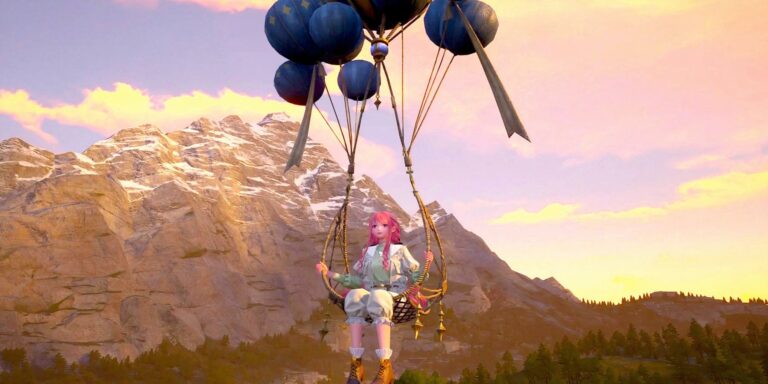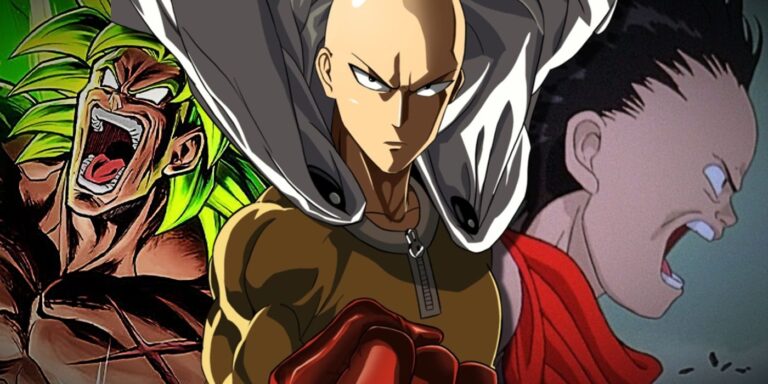Joker: Folie à Deux has premiered at the Venice Film Festival, and many of the early reviews have helped to reframe the title of the DC Universe sequel. ScreenRant’s review of Joker: Folie à Deux makes mention of this, as do several other reviews for the film. Following the reception of the first Joker, which also debuted at the festival, the studio hoped to capture some of that same acclaim and excitement. That trajectory allowed Joker to become the highest-grossing R-rated movie ever at the time. Unfortunately, despite receiving a standing ovation, the reviews for the sequel have been mixed.
While multiple Batman characters appear in the Joker movies, the first film was clearly set up as a standalone character piece, and the second has been constructed as an unusual, romantic musical. Using components of the DC Universe, director Todd Phillips has gone out of his way to create something unique to discuss mental illness. This iteration of Joker has a great deal to say to his audience. While the first film did this to much acclaim, the responses to the sequel have not been nearly as consistent so far.
Joker: Folie À Deux Is Getting Some Brutal Reviews
The Reactions To The DC Film Have Been Mixed With Some Extreme Negativity
Joker: Folie à Deux has debuted on Rotten Tomatoes with a 60% fresh score from 43 critic reviews. While not a terrible result, this does lag behind the first Joker‘s Rotten Tomatoes score. Much of the film’s impact will have to be measured by audience reactions when available. While some critics have been kind to the film, several reviews have highlighted that the film is boring and unsuccessful. Flicks review says, “It is not that this version of the Joker is inherently wrong, but it is uninteresting. Please let us be done with this.” This is not an excellent start.
|
Movie |
Rotten Tomatoes Critic Score |
Rotten Tomatoes Audience Score |
|---|---|---|
|
Joker |
69% |
89% |
|
Joker: Folie à Deux |
60% |
TBD |
CinemaBlend called the film “overindulgent,” while Vanity Fair claimed it was “startlingly dull, a pointless procedural that seems to disdain its audience.”IndieWire said it was an “excruciatingly — perhaps even deliberately — boring sequel that does everything in its power not to amuse you.” These responses seem consistent, with even the bulk of the positive reviews viewing the film as a step down from its predecessor. Despite unique musical elements and the excellent addition of Lady Gaga as Harley Quinn, the bulk of critics believe that the film has missed the mark, at least in part.
Folie À Deux Seems To Call Out Fans Of The First Film
Everything known about Joker 2 seemed to suggest that the film would continue the empathetic mythologizing of the villain, but that is not the case. The BBC said Phillips “has devoted his sequel to the message that Fleck is a wimpy, self-centered stooge who lets down everyone around him.” Many of the reviews make similar claims about how the character was handled. The first film showed Joker as a vulnerable, exploited figure, and many viewers saw this as permission for the horrible actions he would later take. The sequel wishes to distance itself from that message.
Rather than allowing him to be an aspirational figure, it seems the sequel goes out of its way to ensure that Arthur Fleck is seen for the destructive and harmful force that he is. This appears to be a comment on the intent of the original film, which did not look to glorify his actions. Despite this, many fans glommed on to this incarnation of the Joker and saw him as something to aspire to. Phillips has made it clear with this new film that this is certainly not true.
I Finally Get The Real Meaning Of Joker 2’s Title
The Madness Of Two Refers To The Mythologizing Of The Joker Character
Folie à deux refers to the madness of two, or a shared delusion between two people. This is often used as a term for love and has been expected to refer to the relationship between Harley and Arthur in the film. Instead, it now seems to refer to the relationship between Arthur and a certain portion of the audience. Despite his violent acts, many audiences have celebrated Joker’s actions, participating in a shared delusion with the villain. The “deux” referred to are Arthur and his audience.
This is a clever response to the first film’s reception, although it remains to be seen how this will resonate with audiences who loved the first film. Joker went on to be a major box office success and garnered several Academy Award nominations. With the controversy attached here and the clear disdain for its own audience, it seems likely that the second film will not have that same effect. It will be interesting to see this response when the film is released next month.
Joker is a villain, and mythologizing a character like that is a dangerous line to walk. While there is much empathy to be drawn from stories about the socially miscast, there is also great danger in giving violent figures too much appeal. The potential for hero worship to distort perceptions is a clear danger, and it is evident that the portrayal of Arthur in Joker: Folie à Deux has a clear intent. The impact of this reflection within the film itself will surely be interesting to behold.
